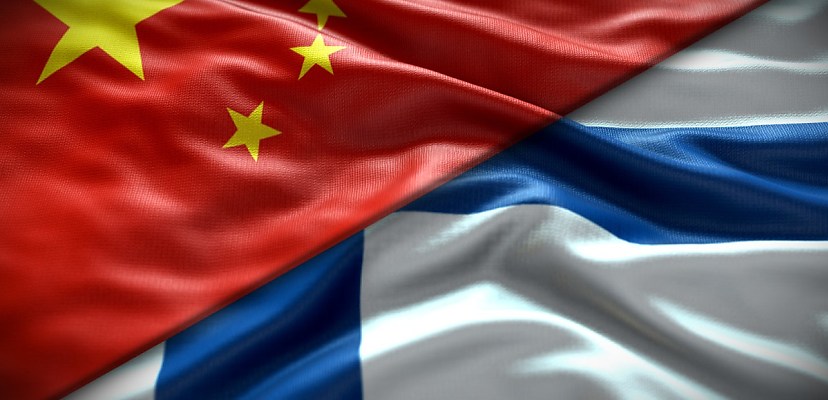Share this article on:
Powered by MOMENTUMMEDIA
Breaking news and updates daily.
The list of countries blaming China for a recent wave of cyber espionage is growing, with Finland being the latest country to accuse Chinese state-sponsored hackers of being behind an attack on government systems.

Just this week, the UK and the US blamed the People’s Republic of China (PRC) for a cyber campaign targeting US senators, British parliamentarians and the UK electoral commission, among other high-profile government targets.
The group behind the attacks is Wuhan-based APT31, which is believed to have ties to the PRC.
Despite not being affected by the group, both Australia and New Zealand quickly also condemned the PRC for the recent campaigns. New Zealand also revealed that another group, APT40, had attacked its parliament back in 2021, and that investigation allowed them to “confidently link” the group to the PRC.
Now, Finland’s National Bureau of Investigation has also called out the PRC, revealing that APT31 had targeted its parliament information systems.
The attack reportedly occurred between 2020 and 2021, with the National Bureau of Investigation and Finnish Police working closely together on the investigation, which, according to the head of investigation, Detective Chief Inspector Aku Limnéll of the National Bureau of Investigation, has been a long, hard and time-consuming process as it uncovered a “complex criminal infrastructure”.
Now, Finland has confirmed that APT31 was behind the attacks and identified one suspect connected to the incident.
“The suspected offences under investigation have been aggravated espionage, aggravated unlawful access to an information system, and aggravated violation of the secrecy of communications,” Limnéll said.
Finland has not announced any sanctions on the PRC or APT31, just like Australia; however, the latter is facing calls to do so.
While in a joint statement by Home Affairs and Cyber Security Minister Clare O’Neil and Australian Foreign Minister Penny Wong stated that Australia fully supported the UK and the US calling out China, shadow home affairs and cyber security minister James Paterson said that, like the two affected nations, Australia should impose sanctions on China.
“Now I’ve just seen … that the Foreign Minister has issued a statement of rhetorical support for that. But the question that Penny Wong needs to answer today is, will she use the powers under the Magnitsky legislation that the Parliament gave her, to also join our allies in sanctioning these individuals so there is real costs and real consequences for their behaviour?” he told Sky News.
For context, the Magnitsky legislation refers to laws that allow the introduction of sanctions on nations that have committed human rights violations or corruptive activity.
“It is shockingly malign behaviour to attack members of Parliament and to attack electoral systems in democracies,” continued Paterson.
“That is not the act of a friend. And yet it appears that Chinese state-sponsored hackers have been doing that in the case of the UK and New Zealand.
“It wouldn’t shock me at all to learn that they had done the same here in Australia, although that has not been publicly announced today.”

Be the first to hear the latest developments in the cyber industry.